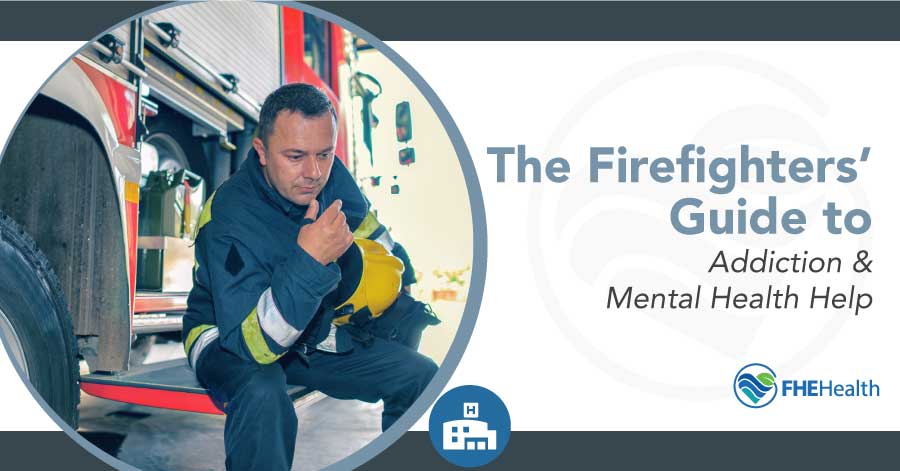
When a person spends the majority of their week responding to emergencies, putting out fires and rescuing people from near-death situations, that can have a mental health impact and may even trigger addiction issues. Whereas most people in this country have never had to make a life-or-death decision, firefighters routinely face high-stakes choices. If it is not another person’s life that weighs in the balance, it is their own.
When your full-time responsibility is saving lives, it is not uncommon to carry that stress home to family. When you operate in crisis mode so much of the time, recognizing that each call may bring unknown dangers and life-threatening situations, you may begin to live all of life on high alert. You may have seen every manner of fire and catastrophe, so you know what can happen. That can give rise to anxiety and worry. Maybe you worry about your loved ones. Maybe you worry about your fellow firefighters. Maybe you worry about having to drag another dead body from a fire.
Sadly, the mental health of firefighters is often downplayed or misunderstood. As with other first responders, the mental health of firefighters can further suffer from stigma, societal depictions of firefighters as “superheroes” and the cultural norms of firefighters themselves. This guide can help firefighters and their families better understand firefighter’s susceptibility to drug abuse, alcohol addiction, and mental health issues, and how the unique stressors that they face play a role. You will also learn about common mental health issues that affect firefighters, barriers to treatment and how to get help when you need it.






